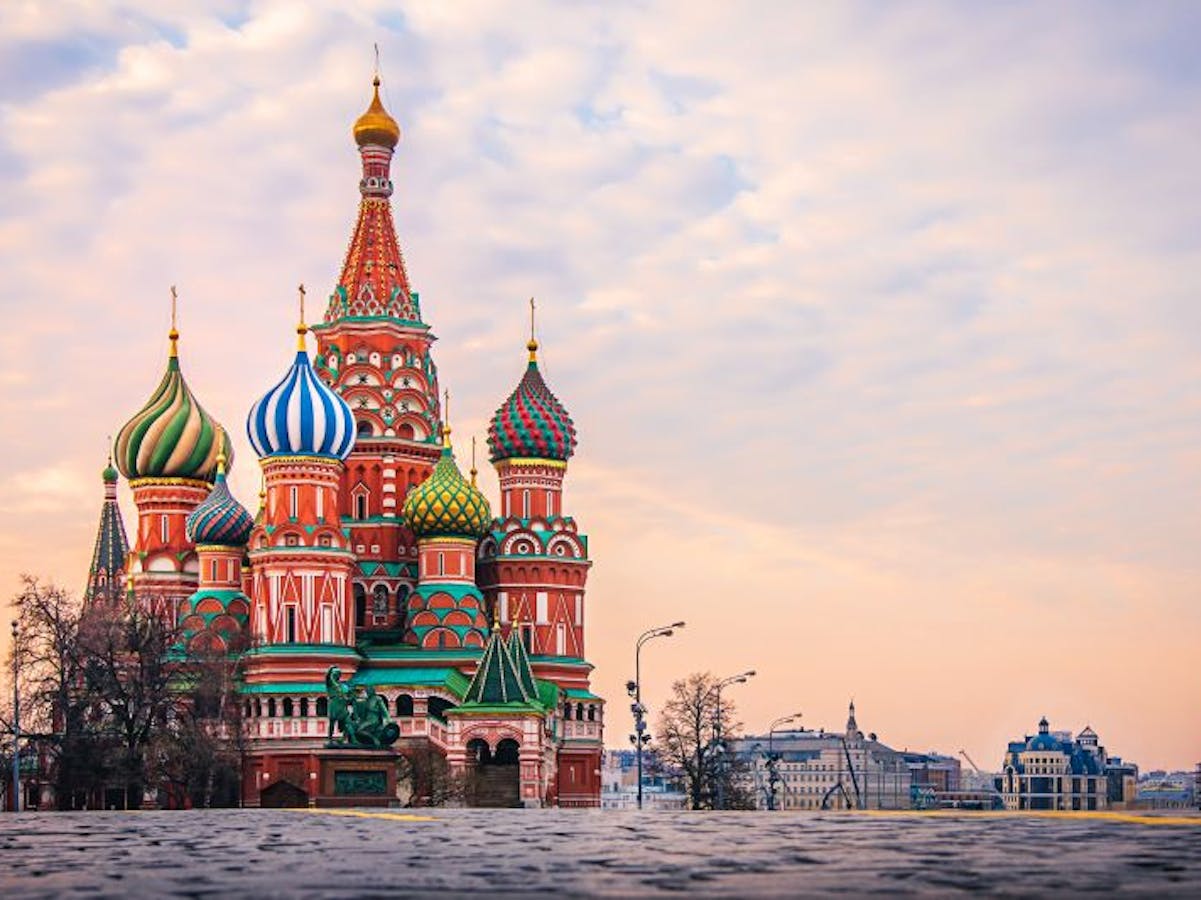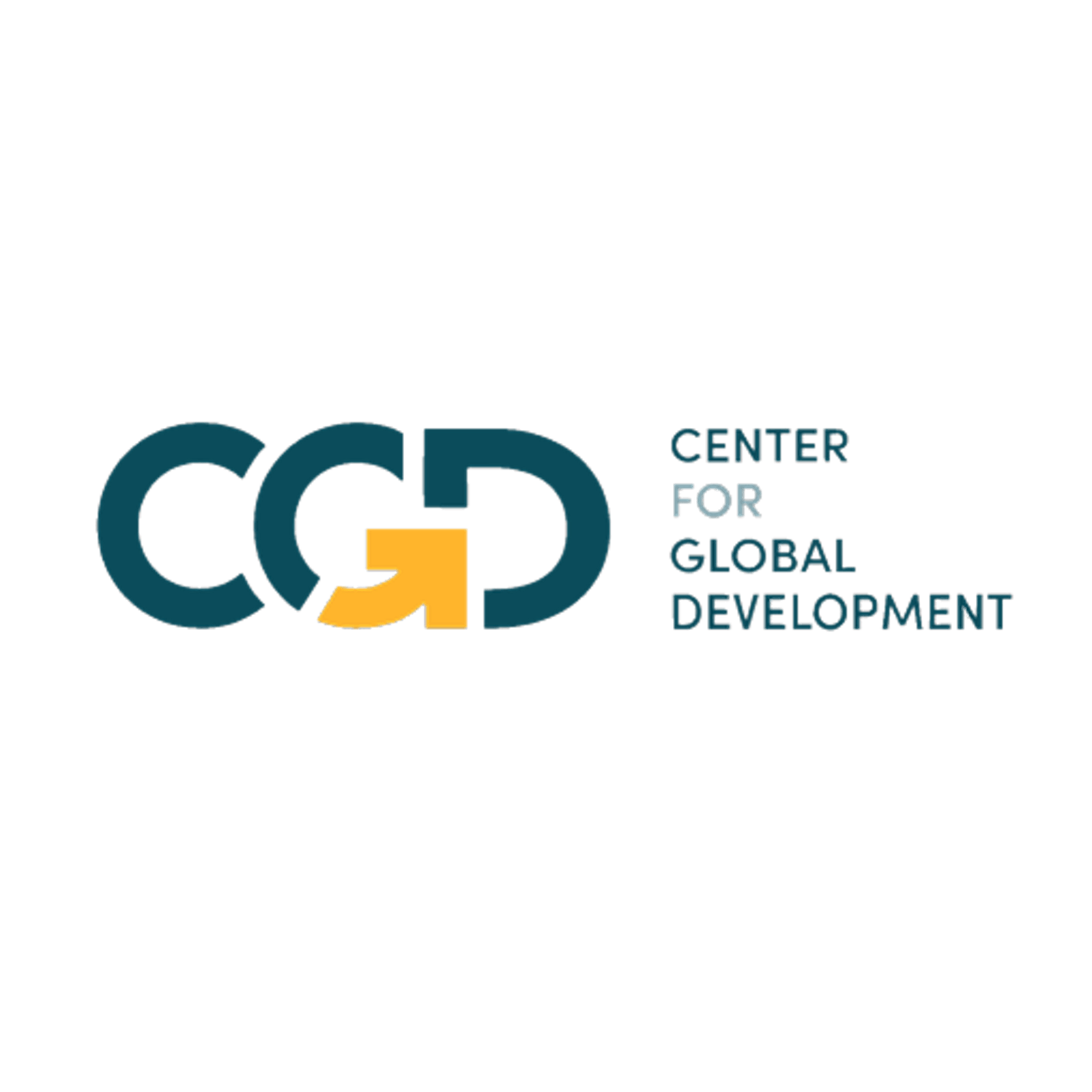This week, the World Bank and Asian Infrastructure Investment Bank (AIIB) announced the suspension of their programming in Russia and Belarus (see here and here). Similarly, earlier this week, the EBRD board voted to submit a resolution to their governing body to open-endedly suspend financing to Russia and Belarus. These are important symbolic moves. But there is still room to go further by temporarily suspending Russia’s membership across the international financial institutions (IFIs).
The World Bank could lead the charge. The Bretton Woods institution was initially established to reconstruct a war-torn Europe. The IBRD’s foundational Articles of Agreement set its mission at the outset:
“To assist in the reconstruction and development of territories of members by facilitating the investment of capital for productive purposes, including the restoration of economies destroyed or disrupted by war, the reconversion of productive facilities to peacetime needs and the encouragement of the development of productive facilities and resources in less developed countries.”
Russia—the World Bank’s eighth largest shareholder with 2.74 percent of vote shares—is actively undermining this mission by destroying the human, economic, and physical capital of another member country. The World Bank currently has around 20 active projects in Ukraine amounting to $3.5 billion in exposure. These include investments in the power grid and transportation infrastructure and programs around social safety needs, health, and education. By obliterating these investments and the development assets of another country, Russia is undermining its obligations as a World Bank shareholder.
Under the institution’s charter:
“If a member fails to fulfill any of its obligations to the Bank, the Bank may suspend its membership by decision of a majority of the Governors, exercising a majority of the total voting power.”
If suspended, Russia would no longer be able to exercise any of its rights under the Articles of Agreement for a period of a year.
The EBRD’s Basic Document and the IMF’s Articles of Agreement also have language that could justify a vote to temporarily suspend Russia, but the threshold at both institutions is higher (though not insurmountable)—two-thirds at the EBRD and 85 percent majority of the total voting power at the IMF. EBRD members could also point to the Article 1 agreement which underscore the importance of members’ commitment to democracy and human rights.
Skeptics might argue that this sets a dangerous precedent for institutions that have strived to uphold their “non-political” character and focus on economic and development issues. But this distinction seems anachronistic and ultimately difficult to justify in light of the human and economic destruction that Russia is unleashing on Ukraine.
The global economic order has changed since February 24, not just the foreign policy map. The sanctions that the United States and the European Union have imposed on Russia are attempts to cut the country out of global markets, and their force is without precedent. The long-term ramifications of these moves will likely reshape the global financial system indelibly. These are also uncharted territories for the IFIs. But shareholders must continue to demonstrate that the values that animated their creation prevail.

